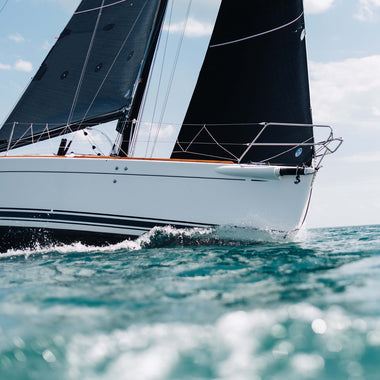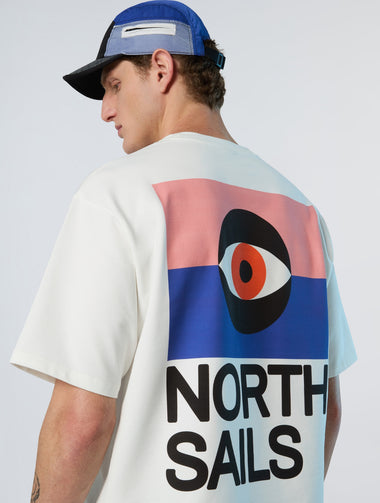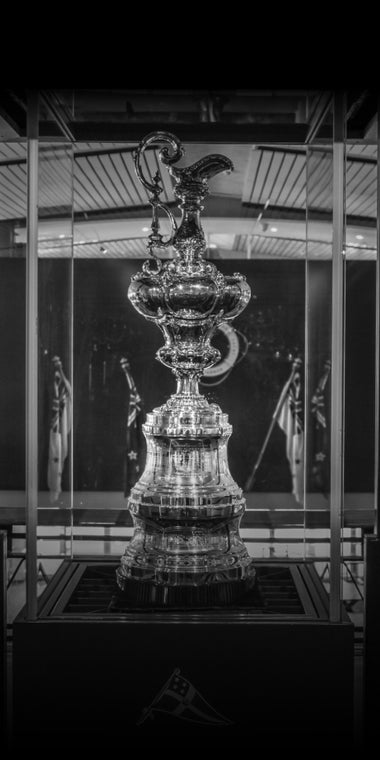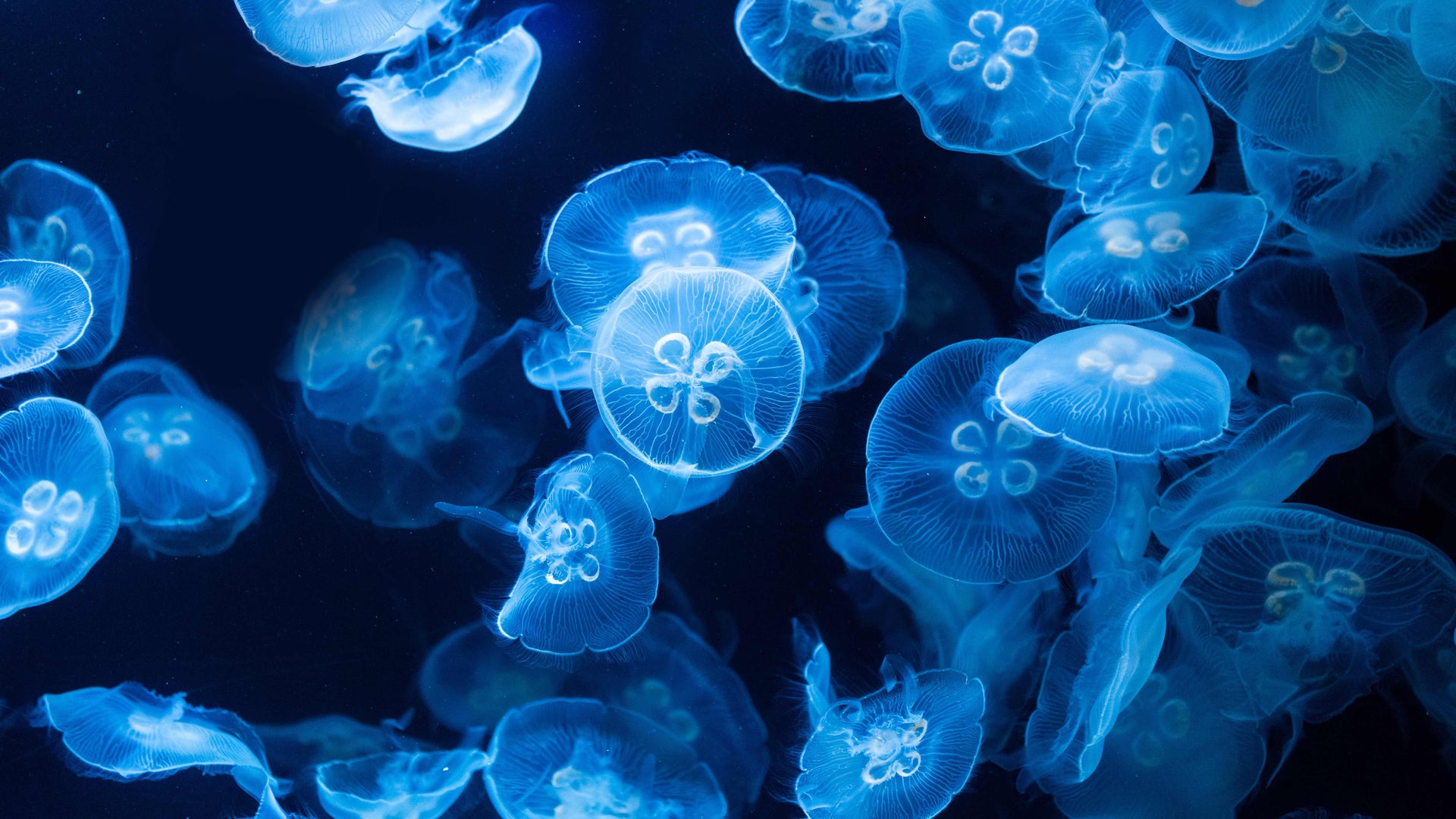
LOOK DEEPER: WHAT SAILORS CAN DO FOR HEALTHY OCEANS
LOOK DEEPER: WHAT SAILORS CAN DO FOR HEALTHY OCEANS
For World Oceans Day, we share our ideas for how every sailor can play a part in protecting the beauty of our seas.
By Mădălina Preda
As sailors, we have seen first-hand the diversity and abundance that lives in the ocean. We have sailed alongside dolphins and turtles and had our own share of surprise encounters with orcas and sharks alike. We have been humbled time and time again by the force of the seas, and in the six decades since North Sails was born, we have had a front seat to many of the human-caused problems plaguing the ocean.
There’s less fish today than fifty years ago, many sailors will tell you. And there’s more plastic trash, others will add. The wind is more unpredictable, and the seawater didn’t use to be this warm—and it’s getting hotter every day.
Faced with a growing list of problems, what’s a sailor to do first? We’re glad you asked because we have some ideas.
FISH BETTER. EAT WELL.
A destructive fishing practice continues to happen in many of the world’s seas, and even worse so, in areas teeming with a biodiversity of marine life that humans desperately need for air, food and healthy lives.
Bottom trawling is a widespread fishing practice that is used to catch bottom-dwelling fish (groundfish such as flounder, plaice and halibut), shrimps and prawns or semi-pelagic species such as cod, squid and rockfish. It does this by dragging a weighted net or rigid structure from a fishing vessel along the seafloor. In the process, it damages seabed habitats and accidentally catches enormous quantities of sea creatures that are then discarded overboard. In the European Union, bottom trawling is responsible for more than 90% of discarded fish and accidentally ensnared and killed turtles, sharks and marine mammals.
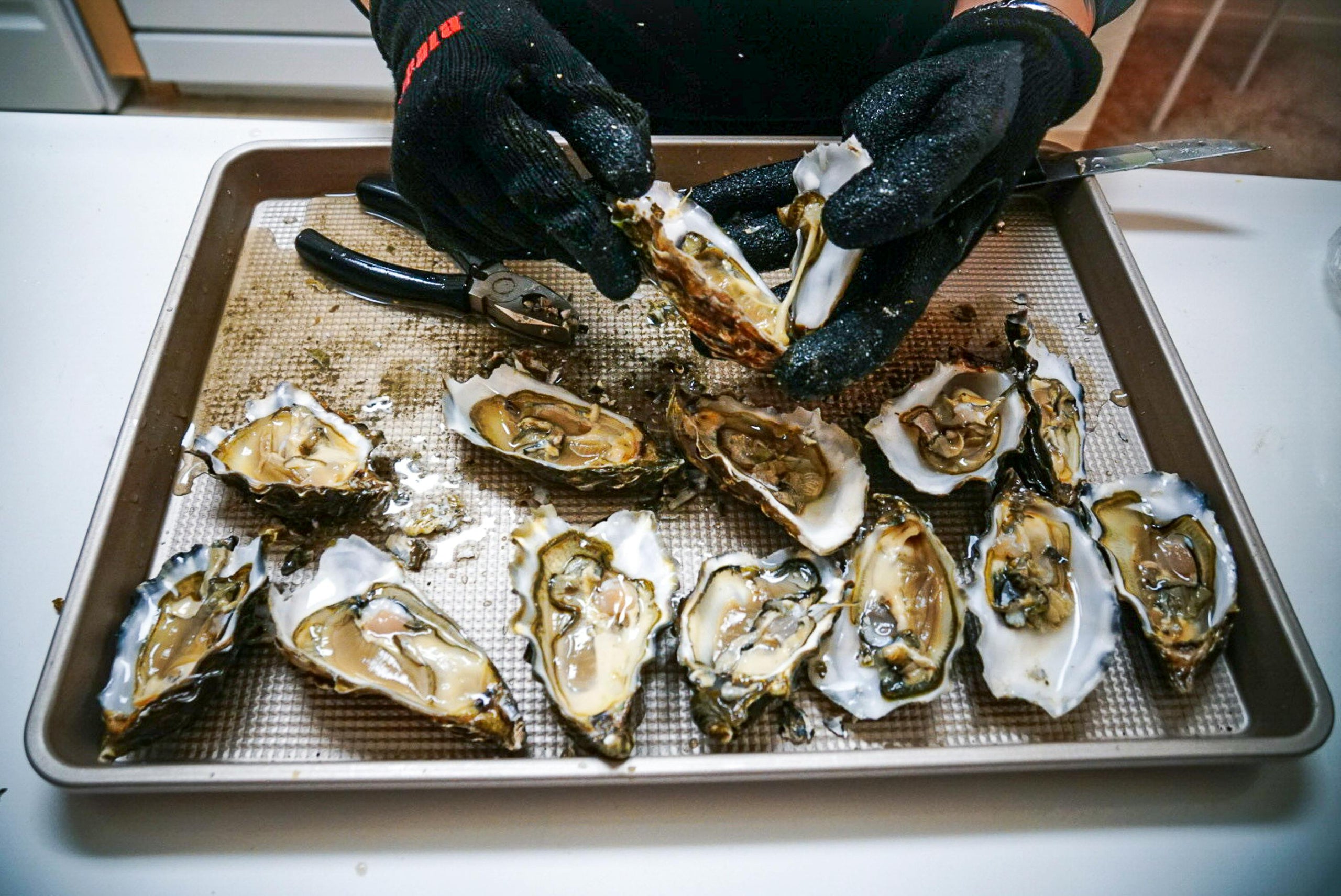
The seabed life that is destroyed through bottom trawling takes on average between 1.9 and 6.4 years to recover—this impacts small-scale fishing businesses that feed over 100 million people worldwide and that practice subsistence fishing and small-scale artisanal fishing for their daily food and livelihood.
Sailors and ocean lovers alike can do a few things to ensure there is plenty of fish in the sea for everyone:
- Support sustainable fisheries and fishing practices that support marine conservation efforts.
- Ask how your fish was caught. Species likely to be trawled include cod, shrimp, hake, mullet, anglerfish and octopus.
- Eat native oysters and mussels.
- Write to your local officials and MPs and ask them to support ocean protection and restoration.
- Support petitions calling for banning bottom trawling in marine protected areas.
- Support organizations such as Oceana, IFAW, Worldrise or CleanWave Foundation that are working to increase marine protected areas, protect marine life, and restore sea habitat.
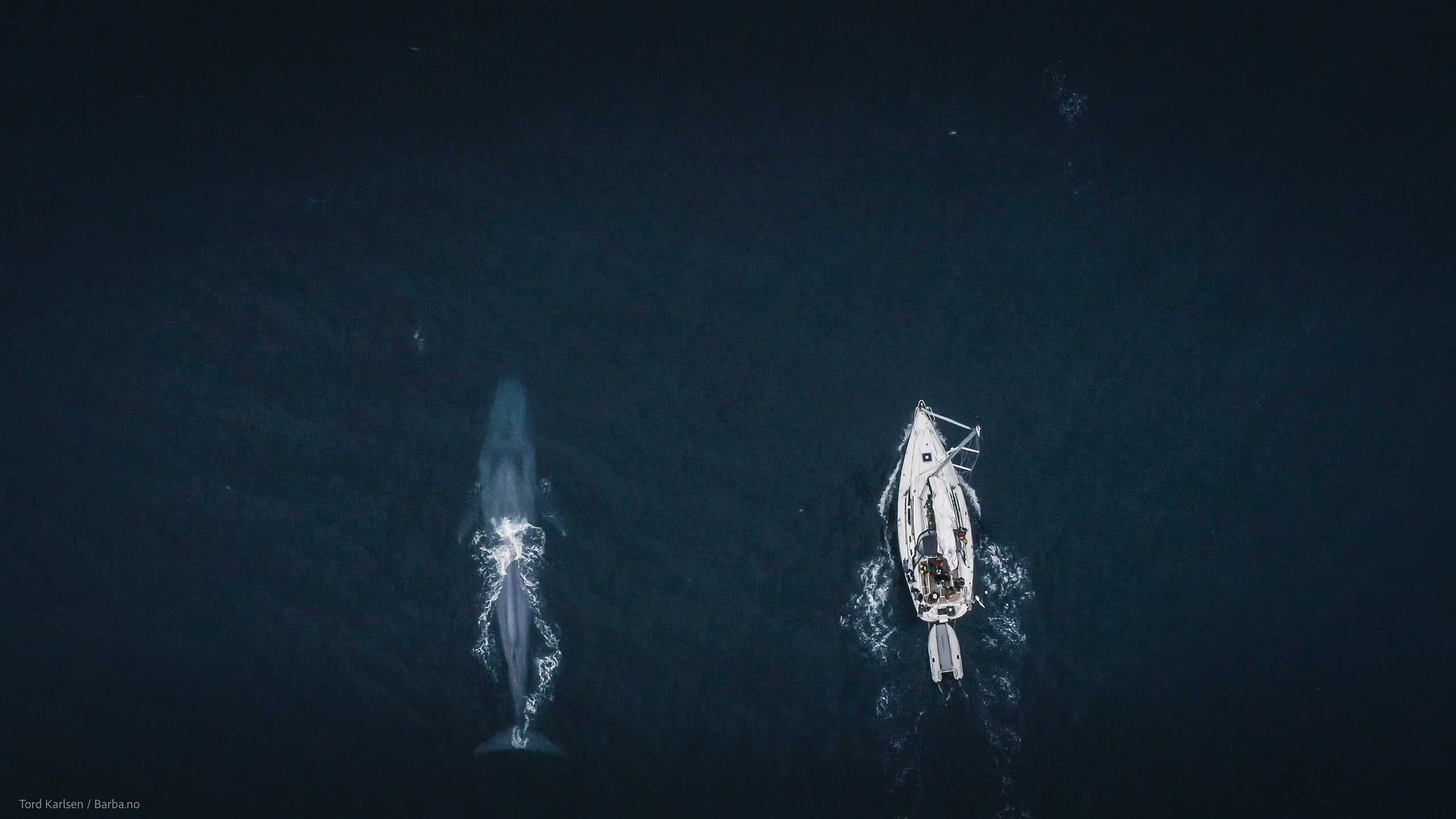
WATCH OUT FOR WHALES
The biggest risk of ocean racing is hitting something in the water. Sailors and marine scientists are working together to minimize collisions at sea, for the safety of crews and marine life.
Having one unique system that sailors can use to alert each other about the locations of marine mammals is one of the key aims of the Marine Mammals Advisory Group, which is working on a common strategy and developing a unique platform for the sailing sector, so that it can protect the wildlife in the oceans and set up wildlife exclusion zones where they are needed.
You can read in more detail about this growing movement on our blog. Or you can get started right here:
- Sign the petition to increase protection for the North Atlantic right whale.
- Install the latest version of Expedition or Adrena to access Live Hazard Reporting.
- Not using performance navigation software? Download the Whale Alert App or Report strikes confidentially with MMAG
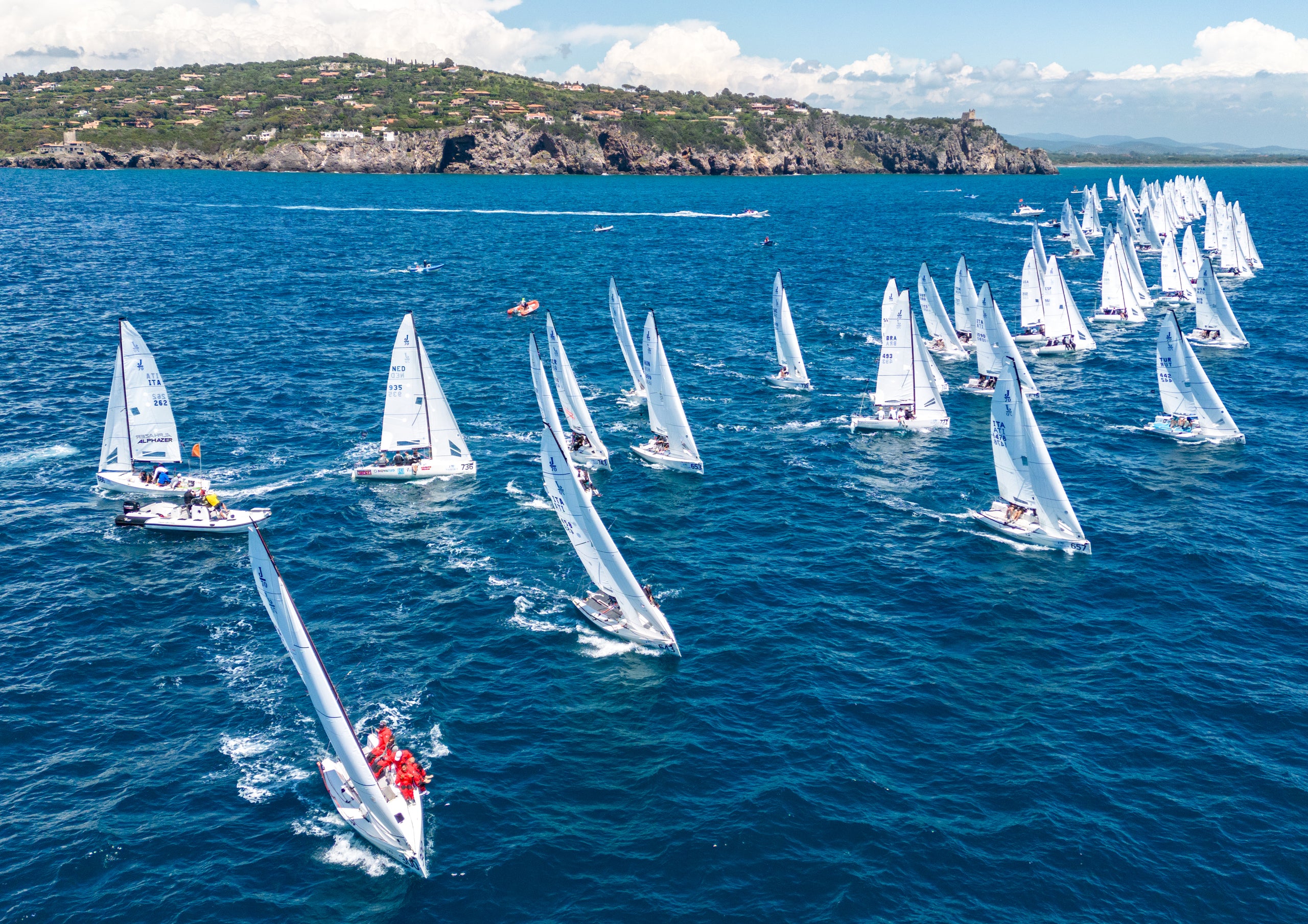
GREEN YOUR BOAT OR RACE
There are many handy guides out there built to help sailors, boat owners and race organizers reduce plastic pollution and oil spills. We like the one designed by our Newport-based friends, Sailors for the Sea.
You can download their Green Boating Guide, which includes well researched and scientifically backed steps that anyone can take, such as which sunscreen to use, how to best winterize your boat or which are the best batteries to choose for optimal life span and reduced costs overtime.
- Download the Green Boating Guide
- Join the Sailors for the Sea Green Boaters Community
- Organize a Clean Regatta
PROLONG THE LIFE OF YOUR SAILS AND GEAR
Sails are a major investment, and North Certified Service experts are committed to helping you maximize their performance and lifespan. We proudly offer one year of sail care and repair free on our Cruising, Racing and One Design sails. Keeping sails in play for as long as possible ensures we minimize the environmental footprint of our products.
Once your sail is beyond repair, bring it back to us and we will repurpose the material into quality hand-crafted bags and accessories through our partnerships with Seabags in the US and 727 Sailbags in France.
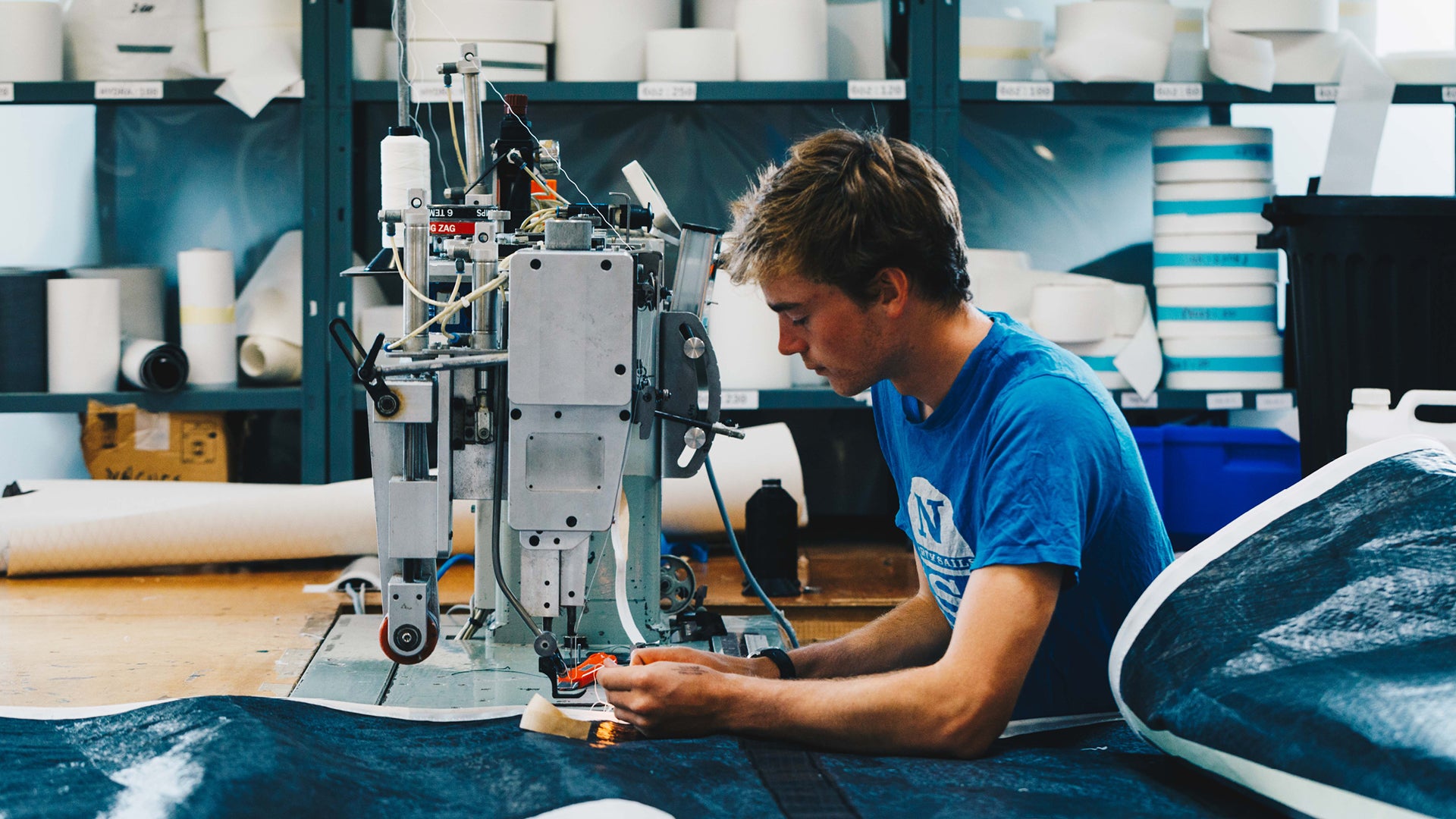
If your Gore-Tex Pro jackets need some TLC, contact our apparel customer service and we’ll repair it for you. Plus, all our Closed Loop designed products can be recycled back into virgin-like quality material at the end of their useful lives. When you’re done with them, don’t throw them into the bin—reach out to us so we can collect them and close the loop on textile waste.
- Familiarize yourself with our Care and Repair program for Sails
- Recycle Closed Loop apparel products at the end of their useful lives
- Repair your Gore-Tex Pro jackets and trousers
- Read our Care Guide to prolong the life of your foul weather gear
ABOUT THE AUTHOR
Mădălina Preda is at the forefront of efforts to protect the ocean. Formerly the Communication Specialist at Greenpeace International, and the Brand Managing Editor at Patagonia, she is now steering North Sails to go beyond marine sustainability to become Ocean Positive
FEATURED STORIES
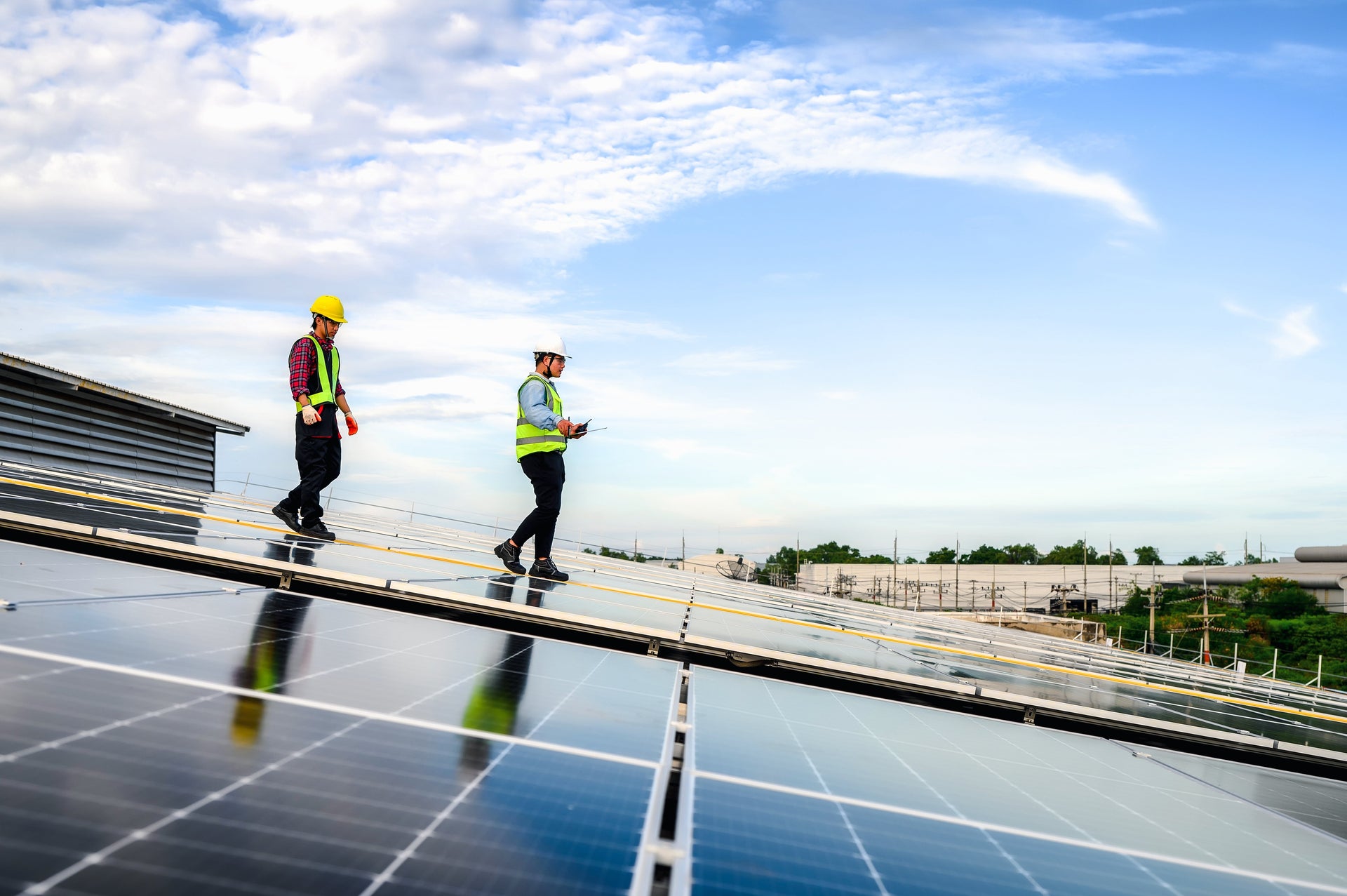
28 March
